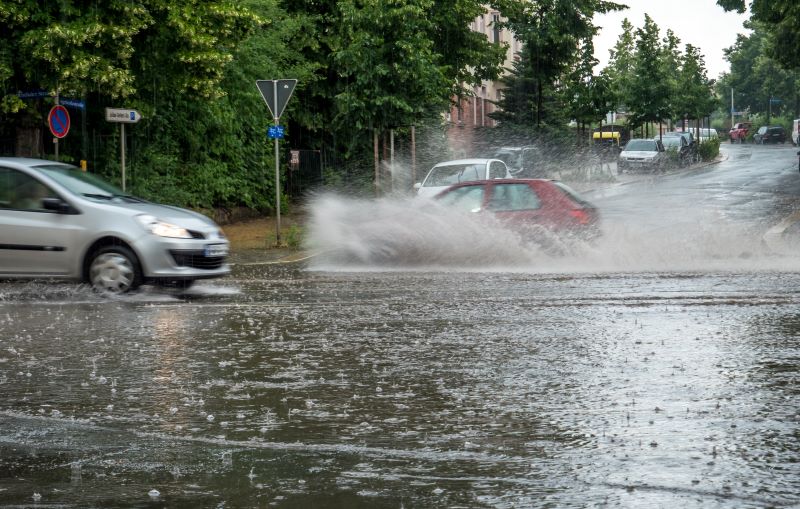Germany Floods Made More Likely By Climate Change
- Categories:
- Climate Change
- Nature

Who was affected by the flooding?
The flooding affected the German states North Rhine-Westphalia and Rhineland-Palatinate, Luxembourg, and the tributaries along the river Meuse in Belgium and the Netherlands. The flooding resulted in at least 184 fatalities in Germany and 38 in Belgium and considerable damage to infrastructure, including houses, motorways and railway lines and bridges and key income sources.
The record-breaking rainfall that caused deadly flooding in Germany, Belgium, Luxembourg and The Netherlands was made up to nine times more likely by the climate crisis.
According to The Guardian, at least 550 households were evacuated in Roermond, while authorities in Venlo evacuated about 200 hospital patients due to the looming threat of flooding from the river.
Was the flooding in Germany a result of climate change?
Research by World Weather Attribution suggests that the record-breaking rainfall that caused deadly flooding in Germany, Belgium, Luxembourg and The Netherlands was made up to nine times more likely by the climate crisis.
Their analysis showed that the flooding was caused by a combination of very heavy rainfall over a period of 1-2 days and the fact that there were already wet conditions prior to the event which meant the ground was already saturated in places.
The rainfall mentioned broke historically observed rainfall in the Ahr/Erft and the Belgian part of the Meuse, and by a large margin, not just a small one.
The research also found that human-caused global heating had increased the intensity of the rainfall event in the region by about 3 -19% compared to if the global climate was 1.2 °C cooler.
The researchers conclude by stating that, although this was an extreme weather event, it was indeed made more likely by climate change and we can expect events like this to occur more frequently in the future. It is therefore essential that we examine any weaknesses and look at ways to reduce the impact.
How can we prepare for extreme flooding?
Increasing greenhouse gas emissions are causing more extreme and deadly weather events, as we can see by the flooding and heatwaves seen across the world this year.
Flooding is likely to get worse so we need to put protections in place to deal with it. Some examples of measures that local and national governments can put in place include:
- Natural flood management techniques such as planting trees, reducing soil compaction, restoring river bends, and creating wetlands.
- Man-made defences such as flood walls, dams, levees and embankments.
- Drainage solutions.
- Make homes more resilient to flooding by installing air brick covers, flood doors and flood-resistant plasterboard.
- Prepare for the unimaginable! Even if it has never happened before, unfortunately it could still happen.
As well as preparing for future flooding, we also need to stop the damage to our planet that is causing these extreme weather events in the first place. The priority is to stop the burning of fossil fuels as soon as possible so that we can slash greenhouse gas emissions now.
You can help us support the charities that are working to combat climate change and its effects by using SearchScene, our charitable search engine. We donate 95% of our profits to charities including WWF, Eden Reforestation Projects and WaterAid and you can choose the charities you want to support.










